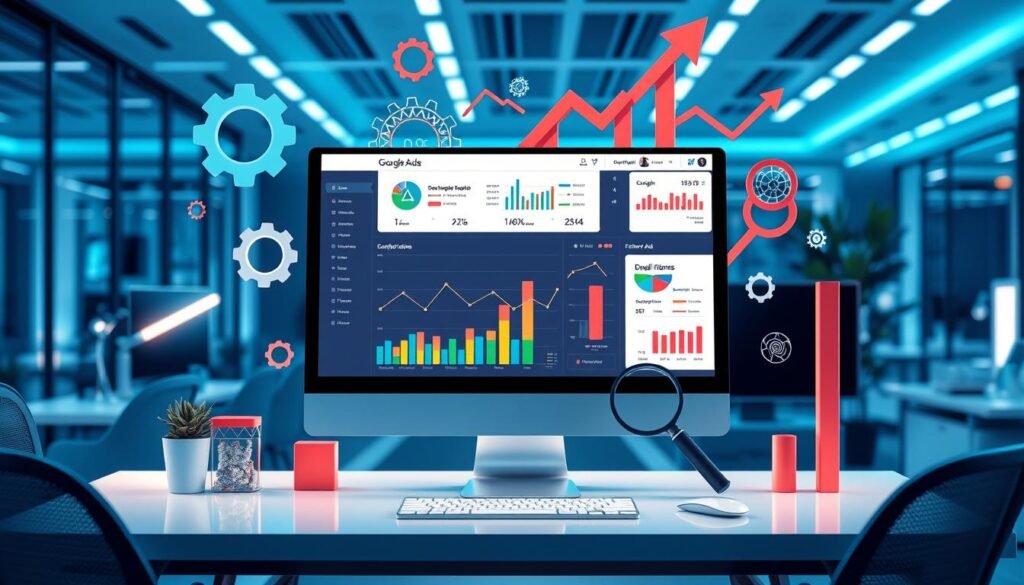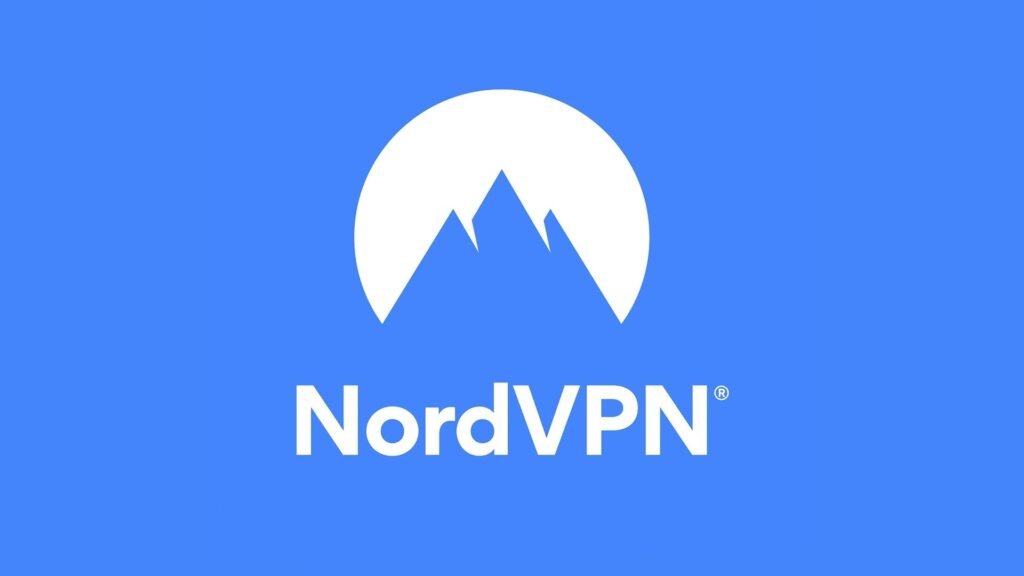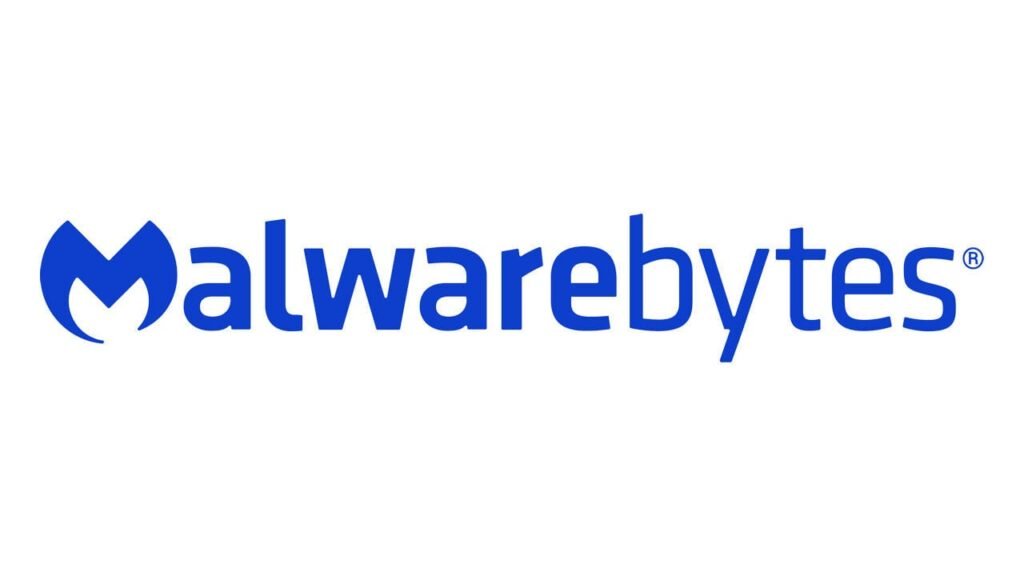Did you know that people who visit a website from Google Ads are 50% more likely to buy than those who find it through organic search? This fact shows how vital AI for Google Ads optimization is in today's market1. With digital ads getting more complex, old ways just won't cut it anymore. Managing many ad campaigns and targeting the right people with the right budget is a big challenge. That's why using Google Ads automation is key.
This guide will show you how to make your Google Ads better with AI, step by step. You'll discover how AI can make your campaigns smoother, ads more relevant, and increase your sales. Let's explore how AI can boost your Google Ads game!
Key Takeaways
- • AI increases the likelihood of conversions by enhancing ad targeting.
- • Smart Bidding strategies can optimize your ad performance.
- • Responsive Search Ads utilize machine learning for improved effectiveness.
- • Data-driven approaches help in making informed advertising decisions.
- • Dynamic Ads automatically adjust content based on website data.
- • Ongoing education in AI is crucial for staying ahead in digital marketing.
The Importance of AI in Google Ads Optimization
AI is key in Google Ads optimization. Automated bidding was Google's first big AI move, making bidding better for advertisers2. Google's AI looks at how people use devices, demographics, and past performance to set bids. This helps target ads better and use resources wisely2.
Google's advanced AI is used in Performance Max campaigns for tasks like bidding and targeting2. This means better ads for users and more effective campaigns for advertisers.
The Ad Strength metric checks how good ads are and offers tips for improvement3. An Optimization Score from 0% to 100% helps improve ad campaigns and budgets3. Advertisers can choose from automatic bidding options to meet their goals3.
Smart Campaigns use AI for faster, better PPC campaigns3. Google's automated ad extensions boost clicks and conversions, keeping users engaged3. Dynamic ads, based on A/B testing and user data, show the right ads to the right people3.
Using AI for optimization makes campaigns better and saves time and money for marketers3. AI's role in Google Ads is growing, showing its value in making ads more effective.
But, we must think about ethics too. This includes keeping data private, avoiding bias, and making sure AI fits with brand goals2. Combining AI with human insight leads to the best results in ads.
Step-by-step guide: Using AI for Google Ads optimization
In today's digital world, using AI for Google Ads is key for better campaign results. Understanding AI-powered Search Ads is crucial. These ads use machine learning to show users messages that match their search habits. This makes ads more engaging and can boost conversion rates.
For example, ads that go from “Poor” to “Excellent” in Ad Strength see a 12% jump in conversions. This shows how important good ad management is4.
Understanding AI-powered Search Ads
AI-powered Search Ads help you use data to improve your ads. Tools that check keyword performance can make ads 25% better5. Also, using targeted ads can increase conversions by up to 50%5.
This means you can reach the right people, making your campaign more effective.
Benefits of AI in Ad Campaign Management
Using AI in managing campaigns brings big benefits. Advertisers using automation save 15 hours a week5. This lets them focus on strategy, not just ad management.
Adopting machine learning can cut cost-per-click by 35% and improve targeting. AI tools like Smart Bidding help make campaigns more effective and cost-efficient54.
Leveraging Machine Learning for PPC Success
Using machine learning in pay-per-click (PPC) ads can really boost your success. Machine learning algorithms dig through huge amounts of data. They find trends and tweak your bid strategies for better results. This way, you can use effective machine learning for PPC to make your campaigns perform better.
The Role of Machine Learning Algorithms
AI algorithms handle lots of data at once, which is key in digital marketing6. They look at past campaigns to suggest new strategies. This makes targeting and personalization better by using demographic and behavioral data.
Machine learning helps fight click fraud and other issues that can hurt your campaigns6. It keeps getting better, keeping up with new trends and behaviors.
Real-Time Bid Adjustments with Smart Bidding
Smart Bidding is a big plus of machine learning in PPC. It uses machine learning to set the best bids for each auction. This means your bids can change in real-time, based on how the auction is doing6.
Advertisers only pay when someone clicks on their ad. This makes your ads more cost-effective and helps your ROI7. With AI, you can keep an eye on important metrics like CTR and conversion rates. This shows how crucial smart bid adjustments are for your campaigns6.
Leveraging Data-Driven Ad Campaigns
To make effective ad campaigns, you need to understand performance metrics well. A systematic approach to Google Ads optimization can boost your campaign's success. It's key to identify KPIs to measure how well your ads are doing and adjust your strategies as needed. Data-driven campaigns track important metrics and use insights from Google Ads to help achieve business goals.
Identifying Key Performance Indicators (KPIs)
Identifying KPIs is the first step in analyzing your campaign's success. Important metrics like cost per click, click-through rate, and conversion rate should be watched closely. These help ensure your campaigns meet your business goals. Google Ads data analysis helps define KPIs that show how well your campaigns are doing and guides optimization efforts.
Automated systems help track these metrics, reducing the chance of human error in managing campaigns8.
Utilizing Data to Make Informed Decisions
Using data well lets marketers make decisions that improve campaign performance. Predictive analytics offers insights for better targeting and smart bid adjustments, making sure your resources are used well9. AI tools analyze past data to suggest valuable keywords and create engaging ads, helping your campaigns succeed1.
In the end, using data-driven strategies leads to better engagement and a higher return on ad spend.

Using Predictive Ad Performance Techniques
In today's fast-paced digital world, using predictive ad performance techniques is key. By focusing on user behavior forecasting, you can guess what your audience will do next. This helps you make smart choices about where to place ads and how to spend your budget.
Forecasting Trends and User Behavior
Knowing how user behavior changes is crucial in digital marketing. Advanced analytics tools help you predict what will happen next. This lets you optimize your budget for ads that really connect with your audience.
Machine learning algorithms give you deep insights. They use past data and current trends to shape your strategies. With AI, you can analyze data, find the best ads, and adjust your campaigns for better results.
Optimizing Budget Allocations Based on Predictions
With trend forecasting, you can spend your budget smarter. Data-driven optimization helps you target the right people more effectively. Google Ads' predictive tools improve your bidding, making sure your money works hard.
Using tools like the Google Ads Keyword Planner can help too. It helps you invest in shopping ads wisely, predicting what users will be interested in and managing bids better.
Automated Ad Copywriting for Enhanced Engagement
Automated ad copywriting can greatly boost your ad strategy. It's used by over 500,000 ecommerce brands worldwide. This shows how well it works in promoting products and services10. AI helps create ads that speak to your audience quickly and effectively.
AI tools can make many ads in minutes, saving you hours of work10. They also keep learning and improving your ad's performance.
When making Google Ads, keep your headlines short and descriptions concise. This makes your message clear10. AI can craft ads that are engaging, clear, and include important keywords. This boosts ad engagement11.
AI looks at top-performing ads to make better copy for clicks and sales. You can test different ads to see which ones work best11. This strategy helps you get the most out of your campaigns.
Using AI in Google Ads makes your ad work smarter. It gives you valuable insights and boosts your return on investment. Plus, your ads will be made just for your audience11.
Dynamic Ad Targeting for Better Reach
Dynamic ad targeting is key to reaching more people with precision. It uses AI to make ads that really speak to your audience. This way, you can connect with more potential customers and reach new groups.
Creating Tailored Ads for Specific Audiences
Dynamic ad targeting lets you make ads that match what users like and do. Dynamic Search Ads help you reach new markets quickly. They grab more traffic and open up new chances to show ads12.
Your ads become super relevant because they're based on what users search for. This makes people more likely to engage and buy from your ads.
Utilizing AI to Find New Target Demographics
AI helps you find new groups of people to target. It looks at lots of data to understand what users want. This lets you make ads that really meet their needs.
It's smart to check search terms reports and use negative keywords for Dynamic Search Ads13. This way, your ads keep working well and help you get more sales.
Smart Bidding Strategies for Maximum ROI
To get the most from your Google Ads, it's key to know smart bidding strategies. These methods help you spend wisely and avoid waste. Value-based bidding is a top choice, focusing on the value of each conversion, not just the number.
It's vital to use these strategies well, especially since many businesses face issues with ad spending not meeting expectations14.
Understanding Value-Based Bidding
Value-based bidding aims to maximize ad value by predicting the financial gain of each conversion. It ensures you invest in keywords with high intent and conversion rates, even if they cost more14. Smart Bidding includes options like “Maximize Conversions” and “Target ROAS,” designed to boost conversions within your budget15.
Customizing these strategies can greatly improve your campaign results.
Adjusting Bids in Real-Time Based on Performance
Real-time bid adjustments are crucial for staying competitive in digital ads. Keeping a close eye on keywords and adjusting them as needed is key, especially with changing market trends and consumer behaviors14. “Target CPA” is a strategy that aims to lower costs while increasing conversions, using machine learning to optimize bids15.
Try A/B testing with different bidding strategies to improve your campaigns over time. This helps you find the best tactics for your goals15.
Advanced Audience Targeting with AI
In today's digital world, targeting the right audience is key to campaign success. AI helps segment audiences and tailor strategies based on how they behave. This makes ads more relevant to the right people.
Segmenting Audiences for Specific Campaigns
Segmenting audiences is vital for targeted campaigns. AI tools spot patterns in potential customers beyond basic info. For example, Performance Max campaigns saw an 18% boost in conversions in 202316.
AI looks at how users interact and browse to pick ads that will hit the mark. This way, your ad spend is used more effectively.
Analyzing Customer Behaviors and Patterns
AI also helps understand customer behavior through advanced analytics. It improves how ads are priced and boosts conversion rates16. Smart Bidding lets you set bids based on your goals, matching your budget with audience insights17.
By studying web browsing, AI guesses what customers might buy next. This leads to more targeted ads that boost engagement.
| Method | Description | Results |
|---|---|---|
| Performance Max Campaigns | Utilizes AI to analyze landing page content and optimize ad placements. | 18% increase in conversions reported16. |
| Smart Bidding Strategies | Customizable bidding strategies that enhance ROI. | Enables a tailored approach to meet specific business goals17. |
| Machine Learning for Predictive Actions | AI predicts future customer actions based on historical data. | Facilitates strategic ad placements improving conversion rates. |
AI Marketing Trends to Watch in 2024
The world of digital marketing is changing fast, thanks to AI marketing trends 2024. Brands are now using artificial intelligence in their ads, and it's working well. They're using automation and smart bidding to make their Google Ads better18.
More people want ads that feel personal to them. In fact, 60% of shoppers might buy more if ads are made just for them19. This means ads could get even better, like using augmented reality to grab people's attention18. Google Ads might add more AI tools to help ads get even better over time18.
Video ads are also going to be big, especially the short kind that TikTok fans love18. Brands can use computer-generated images to show off products in amazing detail20. This way, brands can reach more people and make more money, which is what 83% of marketing leaders want19.

Best Practices for Implementing AI in Google Ads
To successfully use AI in your Google Ads campaigns, follow some key AI best practices. This not only boosts your ads but also keeps them effective and compliant. It's important to watch and adjust AI use through set methods.
Maintaining Control Over Automated Processes
Keeping a human eye on AI in Google Ads is vital. It makes sure AI works right and meets your goals. It's important to have clear roles in your automated ads to keep them on track with your business's goals and values21.
Also, it's key to check AI systems and ads often. This helps you watch decisions, results, and any biases in your ads21.
Regularly Reviewing and Adjusting AI Strategies
Do a full check of your Google Ads account every month. This helps you use data well and improve22. Regular checks and tweaks help keep your ads up to date and meet your expectations. They also help you adjust to market changes.
Keeping records of AI setups, decisions, and data use is also important. It makes sure you're following rules and being open21. Also, logging any unexpected AI actions helps avoid future problems with rules21.
| Best Practice | Description | Importance |
|---|---|---|
| Human Oversight | Ensure AI operates within strategic guidelines. | Compliance with ethical standards. |
| Regular Audits | Monitor AI decisions and campaign performance. | Identify biases and optimize results. |
| Documentation | Record configurations and strategies. | Facilitate transparency and alignment. |
| Incident Logging | Track unexpected AI behavior. | Improve future compliance. |
| Monthly Optimizations | Review campaigns regularly for improvements. | Maintain relevant and effective ads. |
Case Studies: Success Stories with AI in Google Ads
Looking at AI case studies shows how Google Ads optimization can make a big difference. Away Travel, for example, saw a huge boost. They got about 70% of their Search Ads clicks from unbranded paid search, earning around $35,000 a month. This led to a 4.3% average click-through rate, beating the industry average23.
Glossier also had a success story. They split their Google Ads into two types: Acquisition (ACQ) and Customer Relationship Management (CRM). This change led to a 26% increase in click-through rates. They also cut their Cost Per Click (CPC) by 30% and Cost Per Acquisition (CPA) by 37%23.
ForRent.com used Dynamic Search Ads (DSA) to get 22% of their leads from AdWords. They saw a 30% drop in both CPC and CPA. ORRA also saw big gains, with a 30% increase in qualified leads and a 15% rise in store visits from Google Ads. They even doubled their ad budget after seeing such promising results23.
These success stories show how AI can help brands improve their Google Ads campaigns. Google Ads uses AI and machine learning to optimize campaigns. It focuses on ecommerce data and purchase-based goals. It also uses first-party data to better understand customers24.
Keeping shopping feed attributes up to date helps ads work better. This gives brands an edge in the digital world24.
These examples highlight the power of AI in Google Ads optimization. Marketers should learn from these successes and apply similar strategies to their own campaigns.
Conclusion
As we wrap up this guide, it's clear that adding AI to your Google Ads can really boost your results. AI tools help you target your audience better, using real data like where they are and what they like25. With features like automated ad writing and quick bid changes, you can hit your marketing targets.
It's also key to understand how AI helps with making decisions through predictive analytics. It's not just about using tech, but also learning from the data and adjusting your plans26. As you learn more about your audience and how your ads are doing, you'll get better at making them work.
So, the next step is to start using AI in your marketing. By using new tools and methods, you'll work smarter and connect better with your audience27. Keep up with the latest, adapt, and let AI lead you to success!




